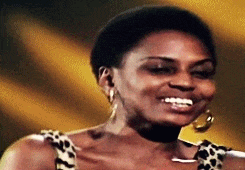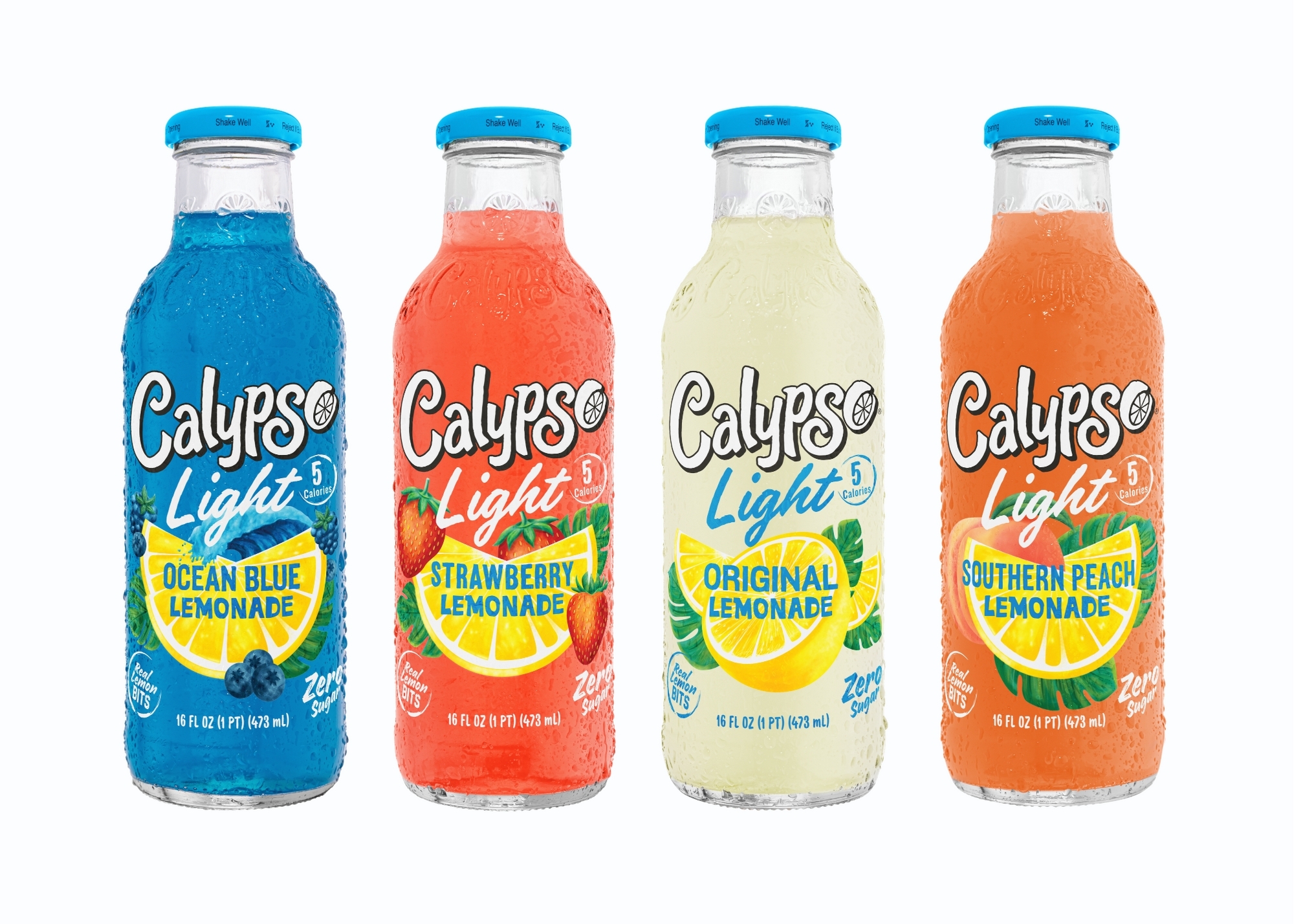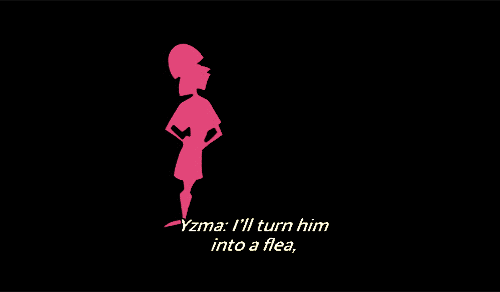 |
| This is so 1960s and I'm so here for it |
Part 26 of my 1000+ part series.
(For info on that, clickety-click-click)
In which I explore music from another continent (well, technically more than one continent) and try bit by bit to lessen my own ignorance.
TL;DR
Show 'em how it's done, Miriam
More after The Cut >>>
1.) The Retreat Song (Jikele Maweni) - What a call to action this opener is, Jiminy Cricket! Makeba's vocals absolutely ring out with a minimal drum backing, until her tone and dynamic soften, the rhythm eases, and other instruments join in. The song itself is sung in what I believe is Makeba's first language of Xhosa, and the good people of the Internet kindly inform me that the song is about Xhosa boys who leave behind what they know to move to the mines. It's a not-uncommon topic - coming of age paralleled by a transition from rural to urban - but the tone and rhythm of the song lend a hopeful tenor to it. Strong start if ever I heard one.
2.) Suliram - This is a lullaby, full stop. You don't have to know Indonesian to understand that the gentleness of her voice and the melody itself are meant to be soothing.
Makeba purportedly first heard this song from descendants of Indonesian slaves...if you're looking for a more moving backstory than that, well then I'd say you have no soul. With that context, the lyrics become that much more heartwrenching:
Long have I waited, I've waited for youFun fact time: Pete Seeger (yes, prototypical American folk singer Pete Seeger) did a cover of this song after apparently hearing it in NYC:
Go to sleep
Years I spent hoping and praying for you
Go to sleep
Now that I have you right here by my side
I will not ever, no never let you go
With that banjo, reads very "Rainbow Connection" to me
3.) The Click Song (Qongqothwane): The album recording opens with an absolutely precious intro from Makeba herself discussing the background of the song: it's a wedding song! And it's called "The Click Song" because English-speaking people are unimaginative and terrible! (Yes, my words - she was far too gracious to say what we're all thinking)
The original name (Qongqothwane, or "knock-knock beetle") refers to a beetle that is believed to bring good luck, but also alleged to be able to point the way home. The lyrics: "Diviner of the roadways, he's the knock-knock beetle/Already he climbs up and passes by here, he's the knock-knock beetle."
Oh maaaan, this song. I fucking love it. There's joy emanating from every note, and Makeba's adlibs?
4.) Umhome - I read an old interview with Makeba where she talks about this song. Oh man. Ohhhh man. It's a traditional South African folk song where, very long story short, right after getting married, the bride's husband falls in love with another woman. In Makeba's own words:
"Now she's thinking of the dowry the parents had paid, you know, there are a lot of difficulties," she explains. "You can't go back home. You'll be an embarrassment, so what do you do? So she goes outside and sits on a rock and she says, 'I have nowhere to go, nowhere to hide. This feeling, I cannot explain. And I cannot go back home.'"Woof.
Please, kick my heart across the road
5.) Olilili - Aaaand another upper of a song - "A beautiful lament about a mother who cannot feed her starving child, and tries to hush the crying child to sleep."
MOVING RIGHT ALONG
6.) Lakutshon' Ilanga - A smooth jazz lounge act. It's very much a "you hurt me so bad but oh it hurts so good" number; the title apparently translates to "lovely lies." It's the kind of tune that would be right at home on a Billie Holiday album. (Shameless plug for a past post? I would never!)
7.) Mbube - Known to most of the world by its bastardized form, "The Lion Sleeps Tonight," which does it a serious disservice. The harmonies on this track...man, oh man. I'd say that the opening minute and a half or so make this worth checking out for all the jaded people who think they've heard every version of this song. This is worlds apart from the versions done by artists like Robert John:
This brings back memories of every office karaoke party I've ever had to go to...please send help.
Hers has a sense of urgency to it that John's and related versions lack. My feelings in favor of "Mbube" and against "The Lion..." only strengthened after I read about an ongoing royalties issue surrounding the songs. Yikes.
8.) The Naughty Little Flea - And now we sojourn to the Caribbean and the musical stylings of CALYPSO!
All the flavor, now half the calories!
And yes, Calypso King Harry Belafonte did put his own spin on it. (I also learned that The Belafonte Folk Singers provided the backing vocals throughout the album! What fun facts!)
Miriam's is much more teasing and light-hearted, while Belafonte's is more tongue-in-cheek.
9.) Where Does It Lead - This is a fairly straightforward minimalist torch song: "Where does it lead, this strange young love of mine? / Only heaven and the lilies know." Makeba's vocals absolutely shimmer above a minimal bassline and minimal guitar. Beautiful.
10.) Nomeva - I wish I could have discovered more about this song through my limited research, but sadly info about this and far too many other songs on the album was scant.
It's definitely in keeping with other songs on the album, sounding to my untrained ear like a much mellower version of "The Retreat Song (Jikele Maweni)" (from the, say, 0:40 part of the latter song onwards). I like it!
11.) House of the Rising Sun - IT RETURNS.
I discussed the Joan Baez version of this in my previous post. This is far jazzier, almost making me think of a midway point between Ella Fitzgerald and Nina Simone somehow. The lyrics are more similar to the Animals' version, referring to that "ball and chain," but it still captures the melancholy of the Joan Baez version (albeit in a jazzy way) - a sense of resigned hopelessness in the face of a fate ever pulling her back to "New Orleans" and all it represents. Though the Animals' version will remain my personal definitive version, I ain't angry at this.
12.) Saduva - Apparently this track, like "Nomeva," was written by Makeba - having heard both multiple times now, that makes perfect sense. They sound if not like musical siblings, then at least cousins who got up to a lot of mischief together and maybe got into Farmer Maggot's crop together butyoucantprovenothing.
If you like "Nomeva," you'll like this!
13.) One More Dance - This...is weird. Very, very weird. Charles Coleman, Makeba's duet partner, CANNOT keep it together as Makeba is singing quite seriously...and as the song escalates very, very quickly.
Homegirl just wants to dance as she gets news of her husband's worsening condition...and, well, I think you should just hear it for yourself. In her own words, there's no more to be said.
Sometimes...you just gotta dance, y'know?
FINAL THOUGHTS:
What an absolute legend I had never heard of before - this is why doing projects like this can be so gratifying. Overall, the album's sparse instrumentation highlights her amazing voice to great effect. The album is an interesting mix of African and Western (primarily jazz) songs and influences.
Beyond her musical career, which in and of itself was clearly remarkable, Miriam Makeba was an astonishing person. Exiled from her native South Africa for speaking out against apartheid and being a general badass, Nelson Mandela himself hailed her as a hero and asked her to return to the country after he was released from prison in 1990. Talk about an icon.
It also feels remarkably fitting that this should be the next album on the list for me at a time when so many nations worldwide are facing a public reckoning with their own histories of racism and oppression. This silly blog is probably not the best place to delve into such weighty topics - this blog is frankly too stupid a thing to do those topics any justice at all. But suffice to say that I've been grateful for this experience.
Personal standout tracks:
"The Retreat Song (Jikele Maweni)", "The Click Song (Qongqothwane)", ""Mbube", "Where Does It Lead", "One More Dance"
"The Retreat Song (Jikele Maweni)", "The Click Song (Qongqothwane)", ""Mbube", "Where Does It Lead", "One More Dance"









No comments:
Post a Comment